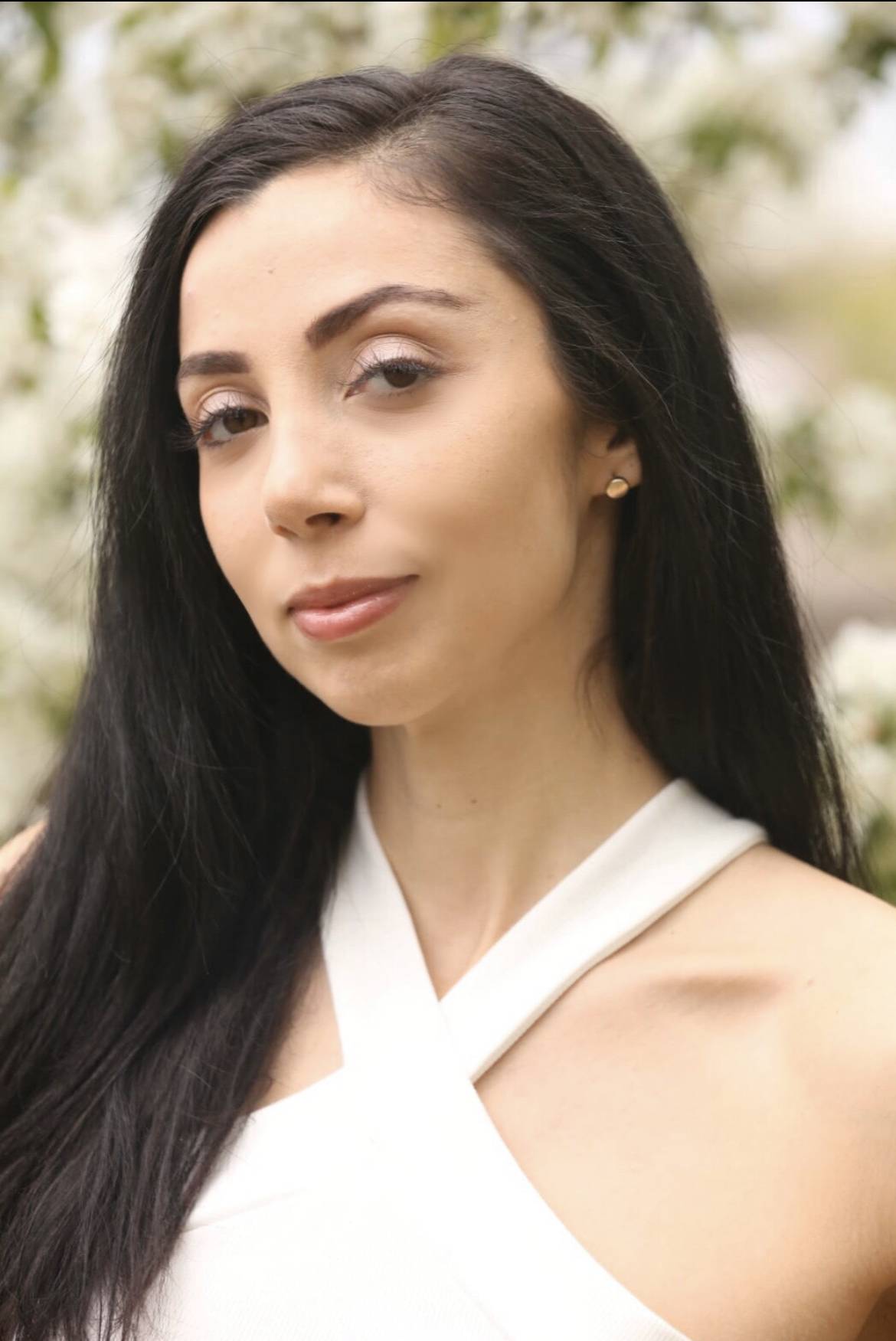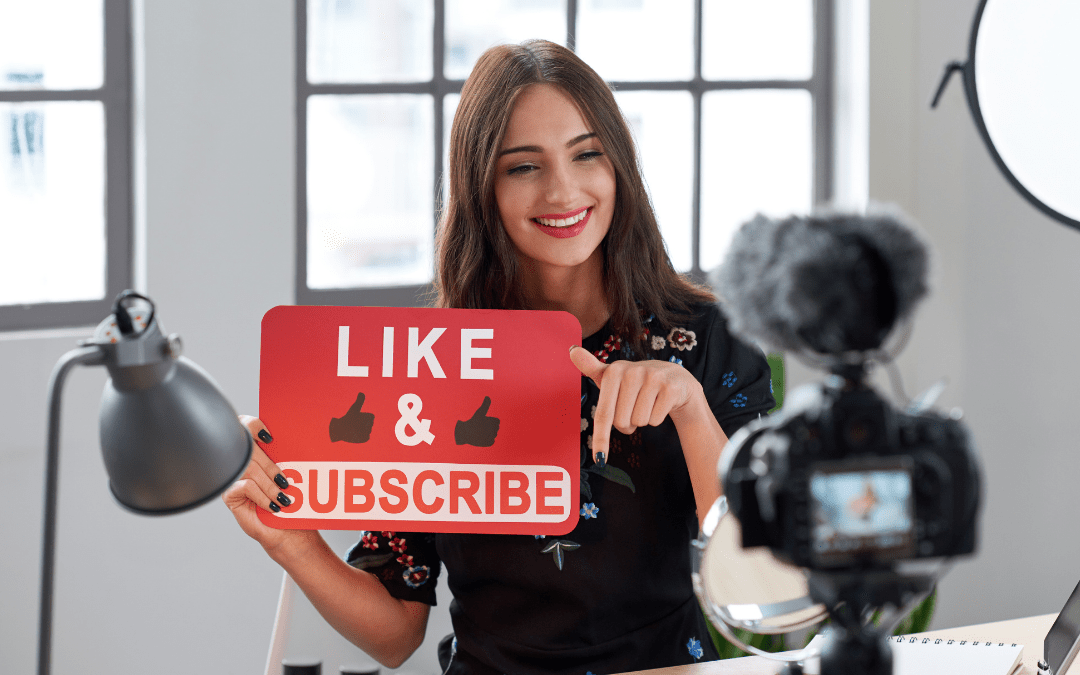Our world is full of people who consider themselves “friends” with celebrities and influencers. Without even realizing it, you may even have a parasocial relationship yourself.
The Difference Between Parasocial Interactions and Parasocial Relationships
In 1956, sociologists Donald Horton and Richard Wohl created the term “parasocial interactions” to describe the act of watching people on television. Every day, viewers often felt as if TV personalities spoke to them personally. This type of interaction, if pursued through repeated exposure to programs involving the same person, could develop into “parasocial relationships.”
Since the advent of social media, the term parasocial relationship has taken on a much deeper meaning. Fans previously had to dig up extra information about their favorite celebrities by reading magazines and tabloids. Eventually, reality shows brought viewers into the “everyday lives” of celebrities, making them seem more approachable and real.
Today, available information about celebrities has exploded. They share what they ate for breakfast, or when they went running. Maybe they had a particularly rough day with their child, and struggle with depression. They seem to reveal the mysteries of their lives to followers personally, perhaps addressing them directly as “friends” or “family” in their daily updates.
With continual engagement, inevitably, followers begin to think of them as friends.
For example, Kpop groups take full advantage of parasocial relationships. Some of the ways they connect with fans are by:
- Opening gifts on-screen
- Posting videos of themselves eating
- Singing songs directed to “you”
- Making backstage videos
Gen Z and Parasocial Relationships
Many young members of Generation Z, in particular, cultivate parasocial relationships. A variety of factors contribute to this such as:
- Media dependency
- Perceived trustworthiness of influencer
- Influencer attractiveness
- Shared generational experience
Influencers & Advertising
By gaining trust and loyalty on social media, influencers and celebrities have the perfect advertising platform for selling products.
Some influencers fill their pages with oftentimes subtle advertising. When a follower admires an influencer’s gorgeous teeth daily, of course, they will want to purchase the whitening strips she tags at the bottom of her post. Social media has become filled with ads, and influencers often continue to encourage a culture of consumption.
Many of these people who make a living on social media are parasocial relationship influencers whether they know it or not.
Are Parasocial Relationships Healthy?
Yes! Parasocial relationships are perfectly normal and healthy. These relationships can do wonders for people. Social media influencers find ways to create a sense of community through the platform, and sometimes that’s what we all need.
Even if you feel like you have a wonderful group of friends to support you through life, these parasocial relationships are still beneficial. People often seek parasocial relationships due to something they feel is missing in their lives. Sometimes it’s a friend, a family member, or just a sense of community. Usually, this is perfectly healthy and normal for people to do.
As with most things in life, too much of a good thing can become harmful. There are situations where parasocial relationships become unhealthy. When you’re doing something that harms yourself or others, that relationship is no longer good for you.
Overall, parasocial relationships on social media are entirely normal, and more often than not, we don’t realize how attached we may have become to a specific influencer.
Potential Positives
Parasocial relationships can become obsessions. However, they can also be good. Many people don’t always realize that our relationships with people on social media can be just as meaningful as the legitimate social relationships in our lives.
Someone doesn’t have to be in your life physically to have a profound impact on you. Usually, these impacts are in the form of inspiration, reassurance, or providing a sense of community.
A great example is fitness YouTube star and entrepreneur Cassey Ho. She’s been creating videos for almost thirteen years. With her peppy encouragement directly to viewers, Ho has cultivated parasocial interactions, drawing viewers to repeatedly exercise with her videos and start healthy lifestyles.
Messages like these have helped countless women and men. On Ho’s videos and other social media accounts, women frequently thank her for helping them become better people, for giving them confidence, and for helping them accept their bodies.
Potential Negatives
As with most things in life, there’s always a downside. While parasocial relationships can be beneficial and generally healthy, they can be harmful. A few ways that these relationships can turn negative include:
- When someone relies on social media personalities for their only form of social interaction
- When the one-sided relationship becomes too much
- When the influencer or celebrity takes advantage of their followers
- When the person you have a parasocial relationship with is promoting harmful behaviors
Sometimes, people can become engulfed in their lives even when the influencer or social media personality isn’t taking advantage of people or promoting harmful behavior.
When you’re obsessing over their lives too much that you’re not taking care of yourself, it’s not a healthy relationship anymore. On the other hand, these relationships can lead to a social media addiction.
Conclusion
Parasocial relationships aren’t something new. For decades, people have become attached to TV personalities, celebrities, and other influential people. Now that we’re in the age of social media, it’s common for people to build parasocial relationships with people on Instagram, Twitter, and other social media platforms.
These relationships can be just as meaningful as the ones with our family and friends. They may inspire people, provide a sense of community, and feel rewarding. While there are some potential downsides to parasocial relationships, they’re overall healthy and normal.

Ranya Al-Huthaili is an American entrepreneur in St. Paul, Minnesota. Born in Saudi Arabia, Ranya shares insight about relationships and creating a positive support system.


